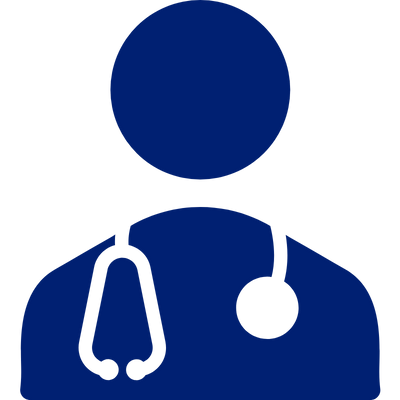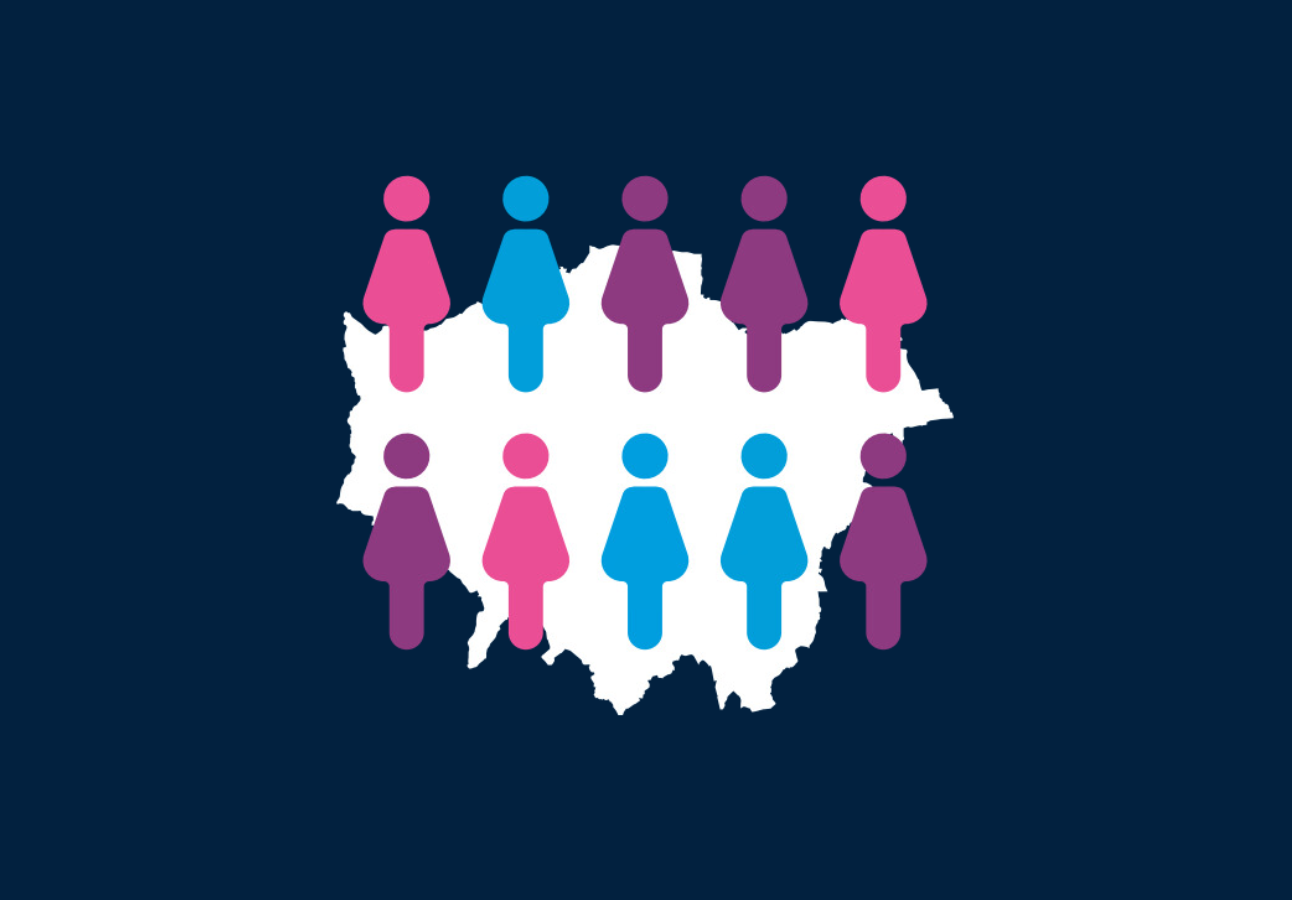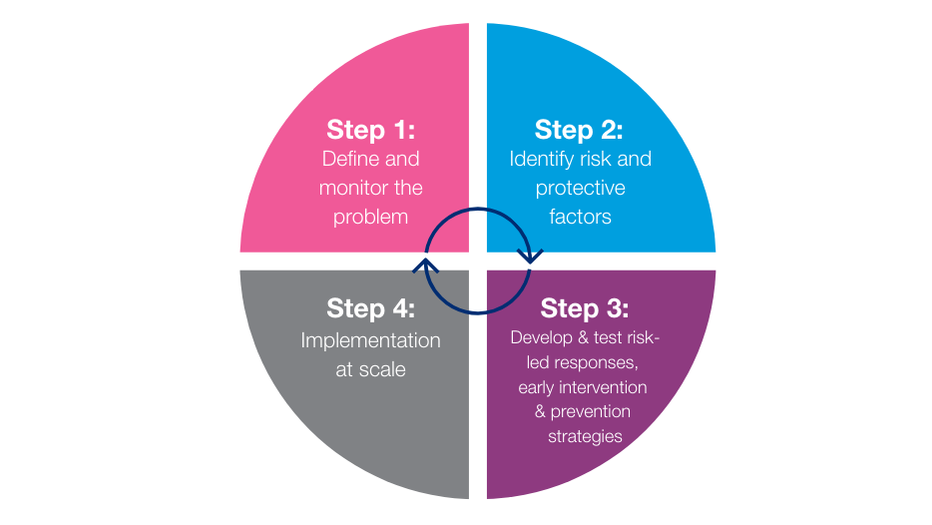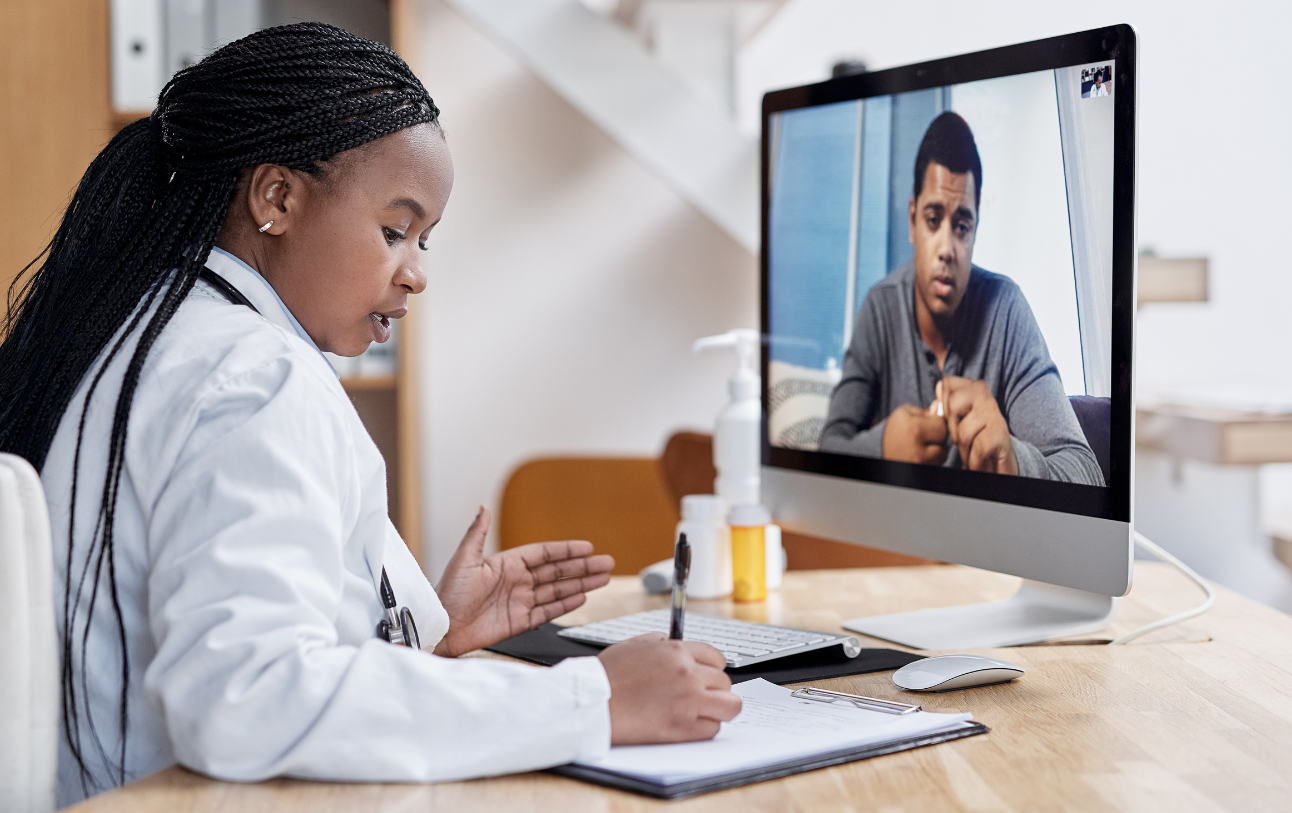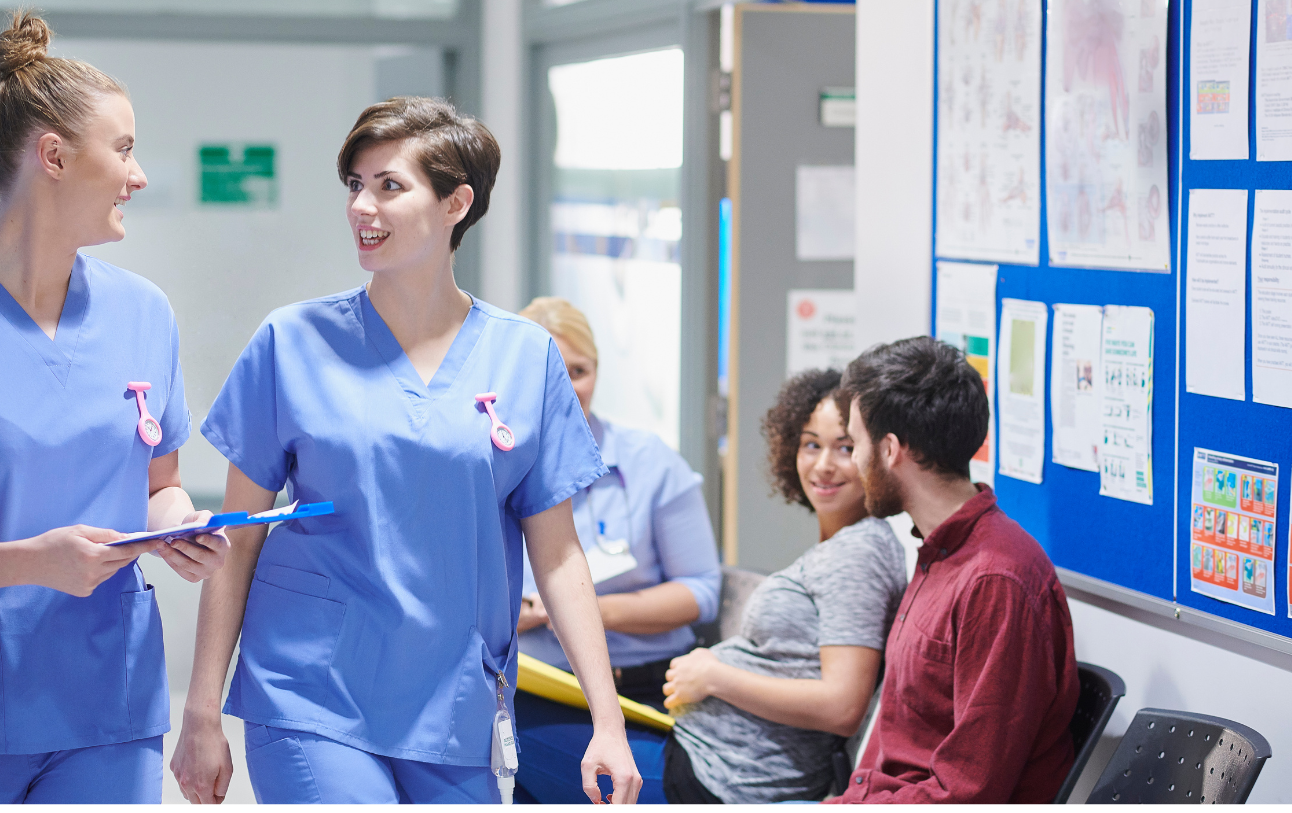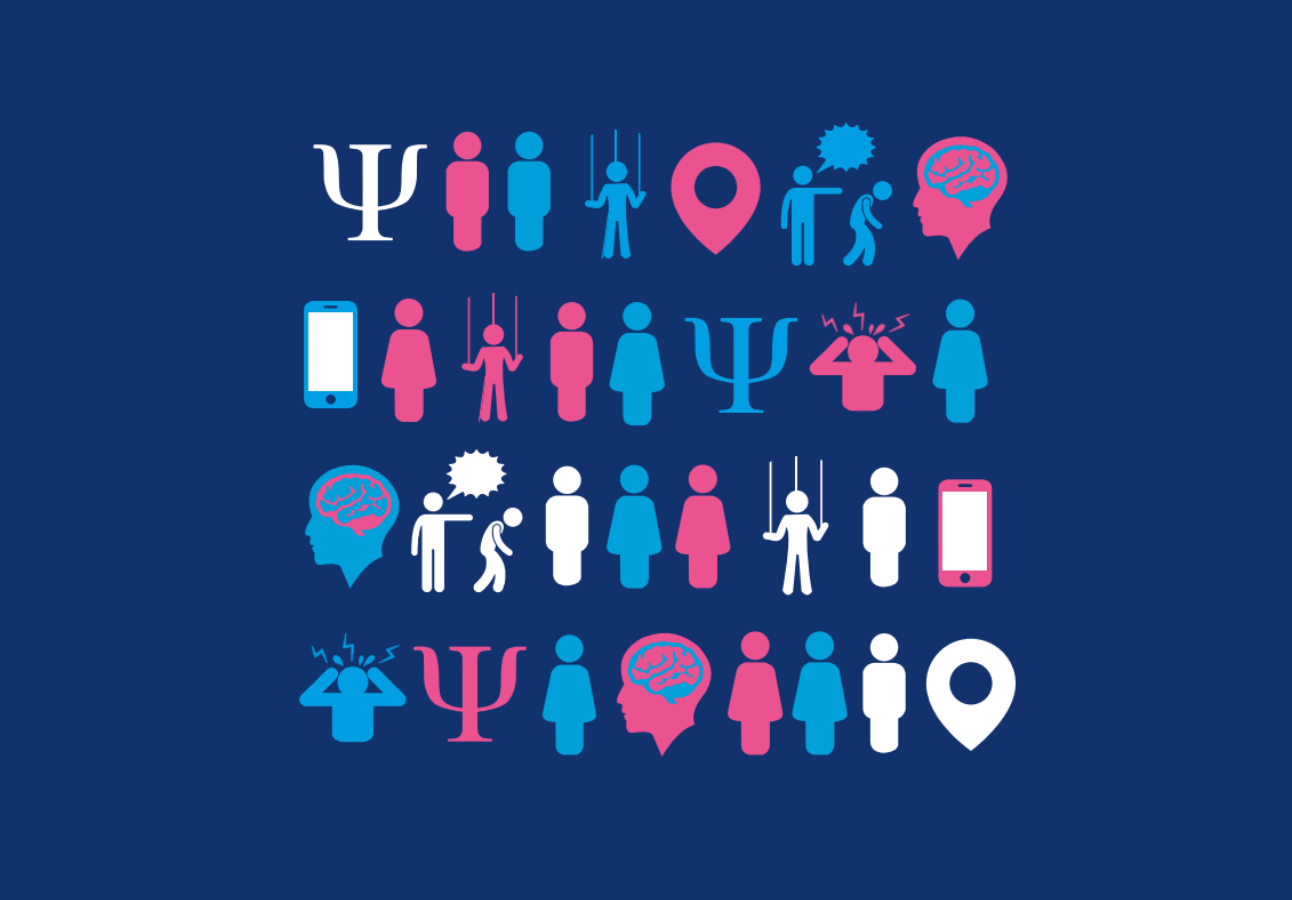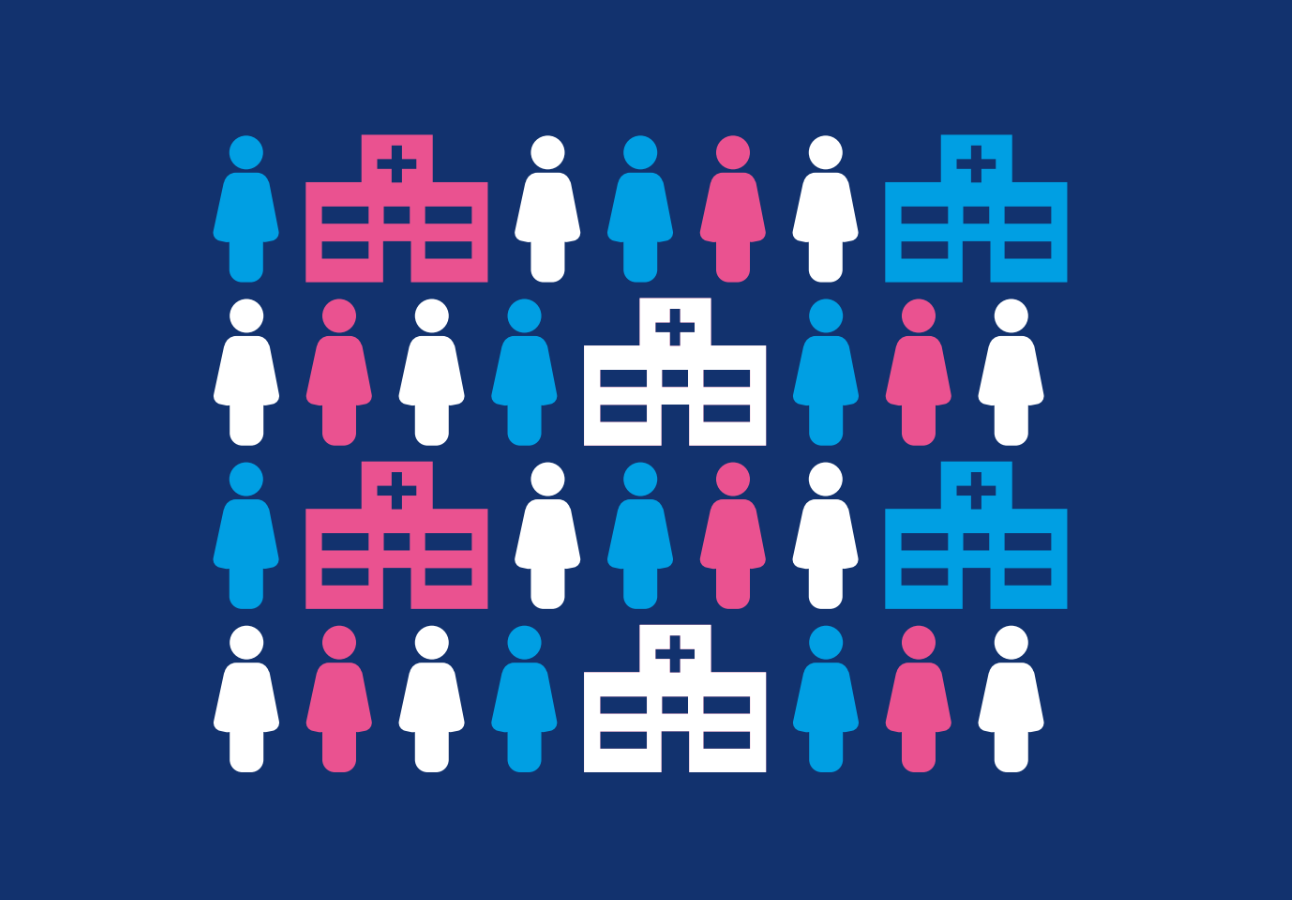
Health providers must be part of the long-term solution to tackle domestic abuse.
4 in 5 victims don’t go to the police, but almost all will visit a health service at one time or another. Asking about domestic abuse and giving the appropriate response must be routine if we are to identify all victims – particularly the most vulnerable.
By failing to ask a victim questions in hospital, we are enabling them to be discharged back into the arms of the perpetrator who put them there. We know risk increases in pregnancy, and that abuse is inextricably linked with mental health needs. Our research shows that experiencing domestic abuse is also an issue for staff working across healthcare systems.
We want to see a comprehensive health response across the UK, with Idvas co-located in hospital and all staff trained to ask, respond and refer.




